
4 min read
Labour MPs focused on international development are urging ministers to reform the overseas aid budget, rather than push for a fast return to the 0.7 per cent spending target, by reducing the share of the budget spent on asylum hotels.
During the Covid pandemic, in 2021 the Conservative government reduced the spending target for Official Development Assistance (ODA) from the United Nations target of 0.7 per cent of gross national income to 0.5 per cent. The Labour Government has committed to restoring the 0.7 per target as soon as economic circumstances allow.
International development campaigners including MPs are still in favour of reaching 0.7 but the challenging fiscal situation means few expect that to happen soon. Instead, attention has turned to how the aid budget is spent.
There is frustration among parliamentarians and within government over the cost of UK asylum hotels and the fact that so much of the ODA budget is spent on them.
Because “in-donor refugee costs” – the costs of supporting refugees and asylum seekers in the first year they arrive in a donor country – are considered to be humanitarian assistance, they fall under the ODA budget.
In 2023, in-donor refugee costs in the UK made up almost £4.3bn of ODA, which was 28 per cent of the total UK budget.
David Taylor, the 2024 intake Labour MP who founded the party-affiliated Labour Campaign for International Development, told PoliticsHome that high in-donor refugee costs hamper the UK’s ability to direct aid towards those overseas who need it most.
“Successive Conservative governments set a shameful example for others to follow with an explosion in Home Office reporting of ‘in-donor refugee costs’, recording two-and-a-half times more than our next G7 peer, Canada. Their decision-making then continues to wreak havoc for the UK’s development work,” Taylor said.
“The Conservative decision to bail out their failing asylum system with a blank cheque threatened the wellbeing of those overseas who need development funding most.
“While the system inherited by the Labour Government is a mess, I welcome steps from the Home Secretary and Foreign Secretary to work cooperatively to bring these costs down so they can be spent more appropriately overseas.”
One Labour MP highlighted that Sweden has put in place a cap that will not allow in-donor refugee costs to exceed eight per cent of its 2023-2026 development budget. The MP suggested that the UK could do the same, but PoliticsHome understands the government has no plans for such a cap.
Ministers say they are instead focused on bringing down spending on asylum accommodation. Asylum support cost £4.7bn in 2023-24, of which £3bn went to hotels. The Labour manifesto promised to “end asylum hotels, saving the taxpayer billions of pounds”.
Minister for Development Anneliese Dodds said in July: “The growth of asylum accommodation spending has led to difficult cuts to other UK aid programmes.
“This Government is committed to rebuilding Britain’s reputation on international development. The Home Secretary is committed to bringing order to the asylum system and has taken steps to unblock the backlog of claims, which will help reduce costs.”
Home Office data shows the number of asylum claimants living in hotels has increased since Labour entered office in July, however. At the end of September, 35,651 asylum seekers were in hotels, up by more than 6,000 compared to June. In September 2023 the figure stood at 56,042.
In November the Government created hotel space in Altrincham, Greater Manchester, for 300 young men who had travelled across the Channel. Labour MP Connor Rand told Sky News he understood that government background checks on the migrants were being completed.
A Home Office spokesperson at the time said it was still committed to ending the policy of using hotels for asylum seekers. Ministers say hotel use has increased because they are having to clear a “perma-backlog” of asylum applications inherited from the last government.
A Foreign Office spokesperson told PoliticsHome: “Under the last government, in-donor refugee costs soared as the asylum backlog grew and grew. We have started to restore order to the system — scrapping the ineffective Rwanda scheme and starting to process and remove people — which will allow us to dramatically reduce the cost of asylum hotels on the taxpayer.
“The UK remains one of the top aid donors in the G7 and we are committed to restoring 0.7% of gross national income on overseas development assistance as soon as the financial circumstances allow.”
PoliticsHome Newsletters
PoliticsHome provides the most comprehensive coverage of UK politics anywhere on the web, offering high quality original reporting and analysis: Subscribe





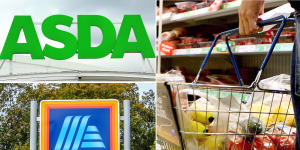







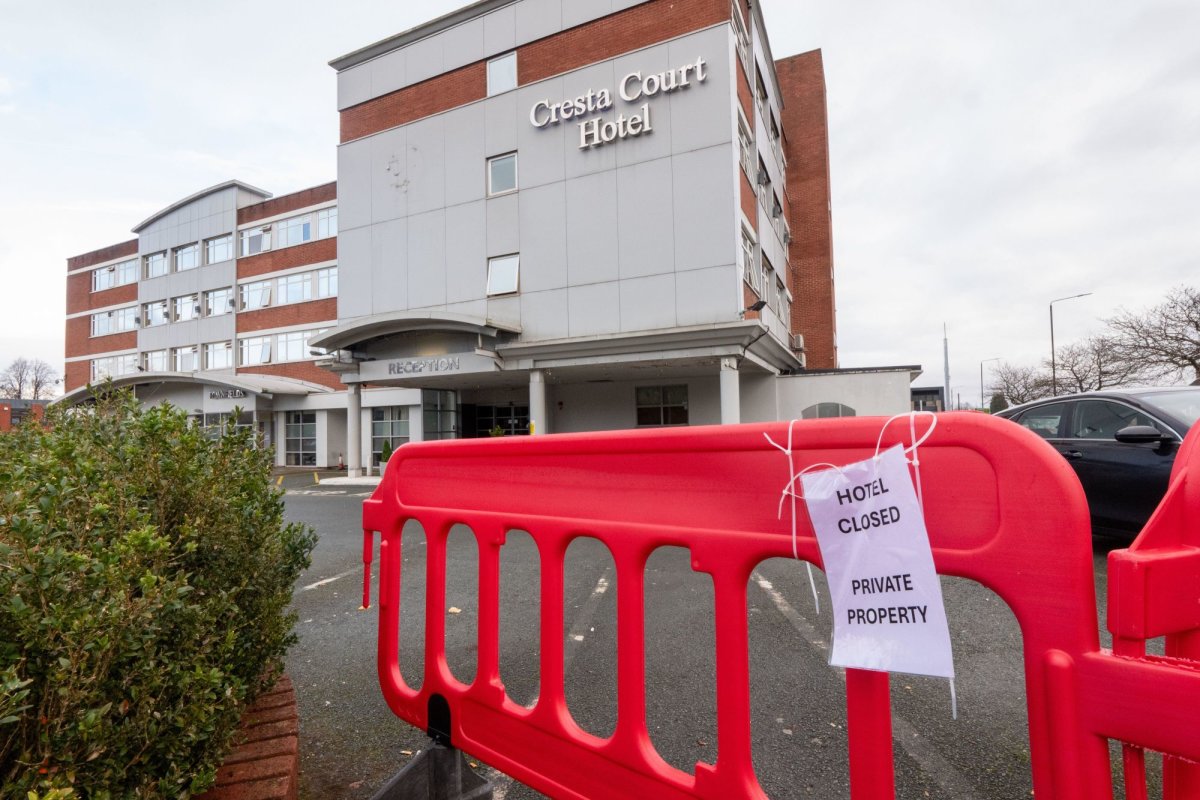
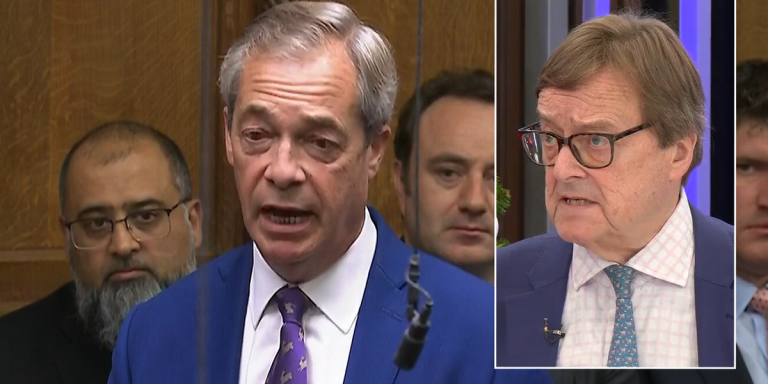

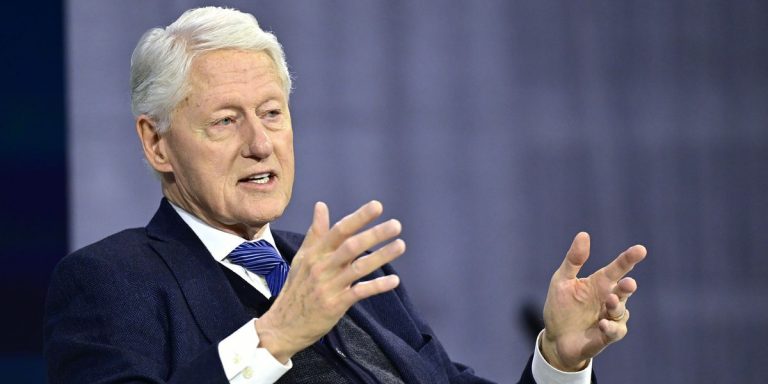







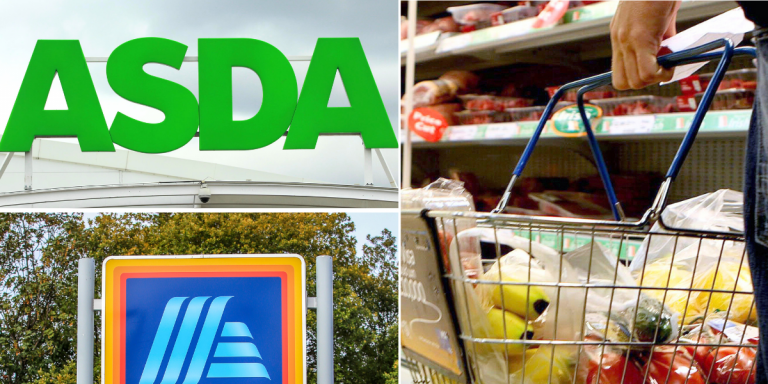

+ There are no comments
Add yours